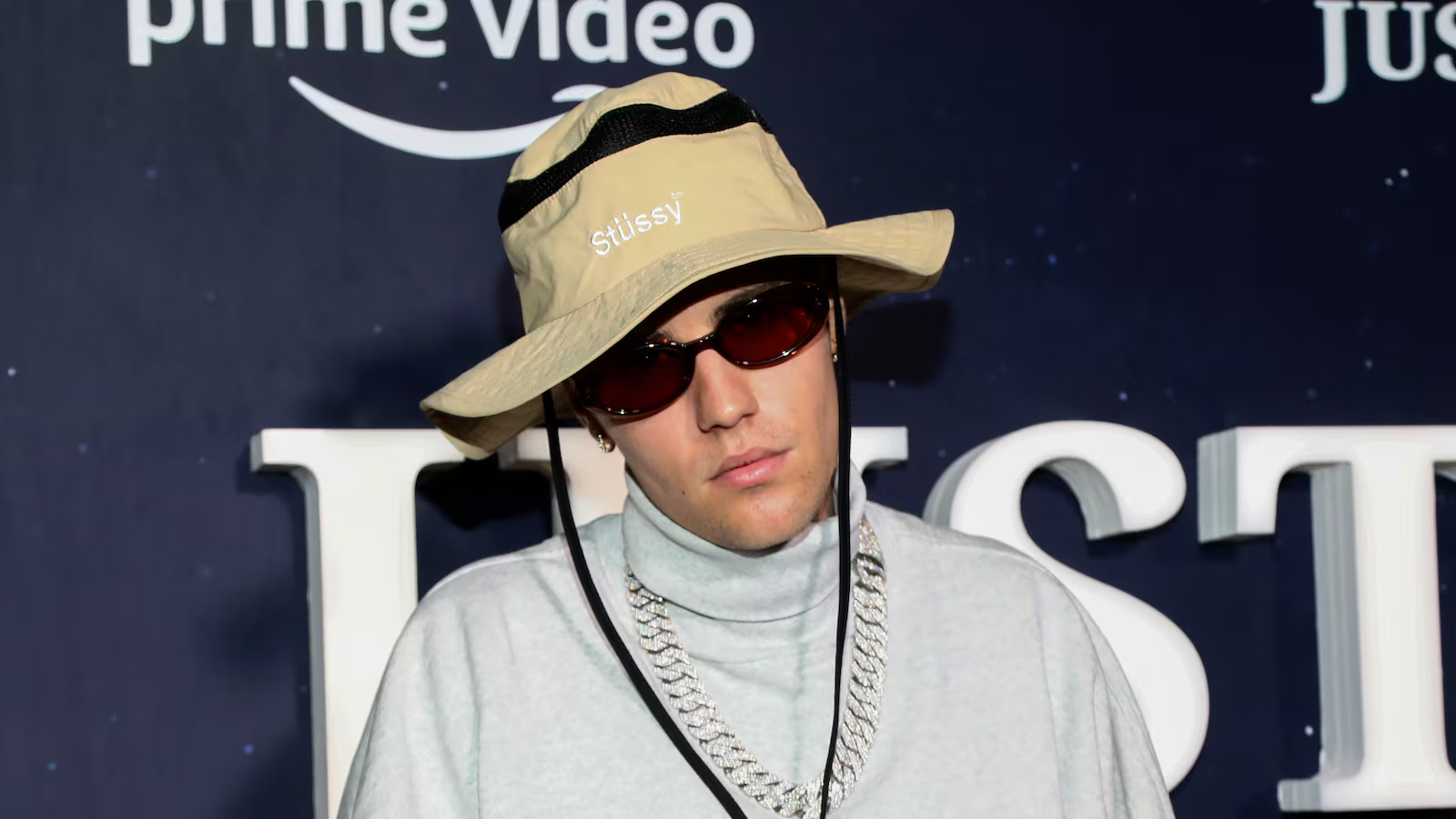Justin Bieber is opening up like never before in Swag, his surprise seventh studio album that dropped Friday to a mix of praise and critique. The Canadian pop star trades in polished radio anthems for something more introspective—an R&B-leaning collection full of experimental sounds, vulnerable lyrics, and reflections on fatherhood, fame, faith, and the burdens of constant scrutiny.
Now 31 and entering a new phase of life, Bieber uses the synth-heavy Swag to process both the joy and pain of his journey. Married to Hailey Baldwin since 2018 and now a father to baby Jack Blues Bieber, the Stratford, Ont.-born artist channels his personal evolution into short, eclectic tracks rich in processed vocals, slow jams, ’90s throwbacks, and even gospel.
Tracks like “Go Baby” seem to nod directly to Hailey, with playful lines like “That’s my baby, she’s iconic, iPhone case, lip gloss on it,” while “Dadz Love” radiates the optimism of new parenthood. But it’s not all glossy devotion. On “Walking Away,” Bieber hints at rocky times, only to reaffirm his commitment in the chorus.
This is Bieber’s first album since Justice in 2021, and a lot has changed since then. His Justice World Tour was derailed by Ramsay Hunt syndrome in 2022, forcing him to cancel dates after partial facial paralysis. Though he made a brief return to touring, by September that year he again stepped back, citing the need to focus on his health.
Since then, viral moments have amplified his discomfort with fame. A now-infamous beach confrontation with paparazzi turned into a meme—and a sample—used on the track “Standing on Business,” one of several interludes where comedian Druski acts as a guide through Bieber’s emotional landscape.
Produced with the help of musical heavyweights like Daniel Caesar, Dijon, Mk.gee, and Knox Fortune, Swag weaves between styles—from the sensual chaos of “Sweet Spot” featuring Sexyy Red, to the spiritual tone of “Forgiveness,” led by gospel legend Marvin Winans. Songwriting contributions from Tobias Jesso Jr. and cameos from artists like Gunna and Lil B add to the album’s layered sound.
Despite its raw ambition, Swag has received mixed early reviews. While some applaud Bieber for evolving and experimenting, others, like The Telegraph and The Guardian, found the album uneven, with criticisms of disjointed structure and shallow lyrics. But for Bieber, it seems less about perfection and more about expression.
On “Therapy Session,” one of the more poignant interludes, he offers a simple yet weighty confession: “People are always askin’ if I’m OK, and that starts to really weigh on me.” If Swag is any indication, he’s finally starting to answer.

